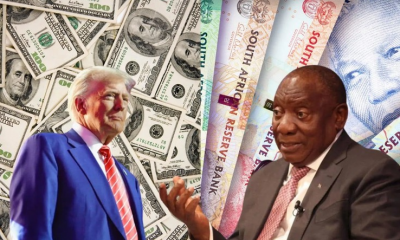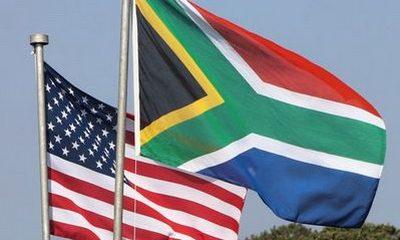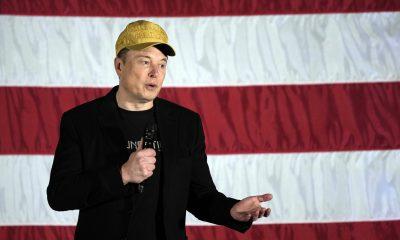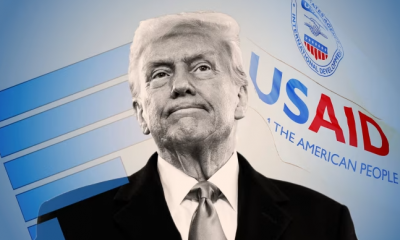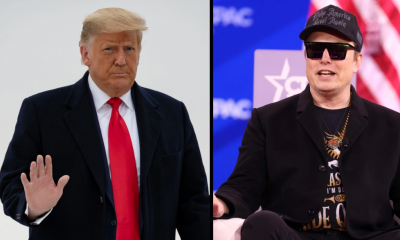411
Ramaphosa Seeks Deal with Trump to Resolve Land Policy Dispute and Mend US-South Africa Ties
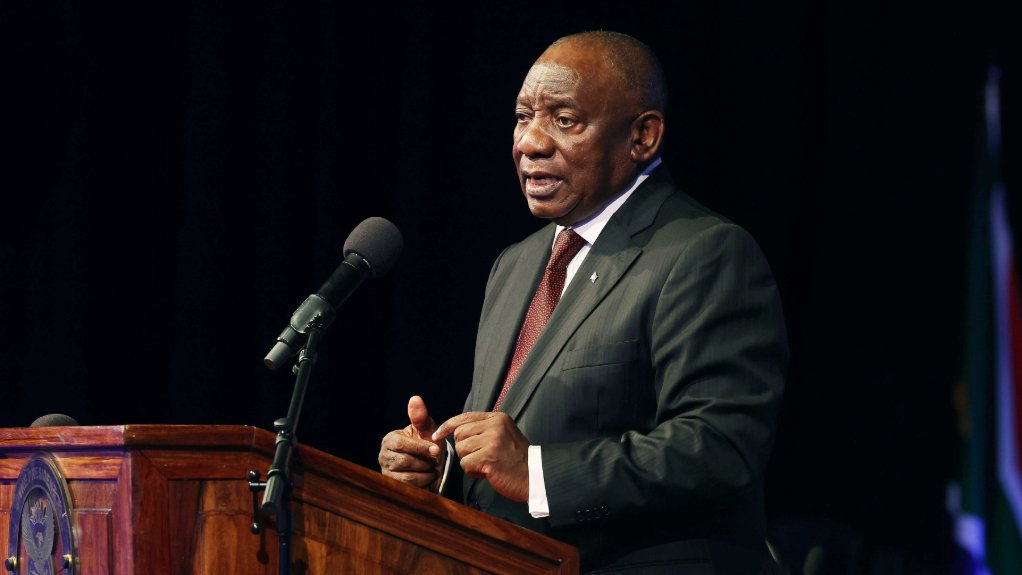
South African President Cyril Ramaphosa has expressed his intention to “do a deal” with U.S. President Donald Trump to resolve ongoing disputes between the two nations. The tensions stem from South Africa’s land reform policies and its recent genocide case against Israel at the International Court of Justice (ICJ).
The Source of Tensions
Earlier this month, President Trump signed an executive order cutting U.S. financial assistance to South Africa. The decision was driven by Washington’s disapproval of South Africa’s approach to land reform and its ICJ case against Israel, a key ally of the United States.
Ramaphosa, speaking at a conference organized by Goldman Sachs in Johannesburg, acknowledged the need to let the “dust settle” following the executive order. However, he emphasized his long-term goal of visiting Washington to mend relations.
“We don’t want to go and explain ourselves. We want to go and do a meaningful deal with the United States on a whole range of issues,” Ramaphosa said. “I’m very positively inclined to promoting a good relationship with President Trump.”
What Could the Deal Involve?
While Ramaphosa did not provide specific details, he suggested that the deal could encompass trade, diplomatic, and political matters. South Africa’s preferential trade status under the U.S. African Growth and Opportunity Act (AGOA) is a critical concern. Although the country is not heavily reliant on U.S. aid, the potential loss of AGOA benefits could have significant economic repercussions.
South Africa’s Non-Aligned Stance
South Africa has long positioned itself as non-aligned in global geopolitical conflicts, avoiding close ties with rival powers like the United States, China, and Russia. However, Trump’s administration has criticized South Africa for taking positions that conflict with U.S. interests, particularly its ICJ case against Israel.
The ICJ case, which accuses Israel of genocide, has been a point of contention. Trump views it as an example of South Africa aligning against Washington and its allies. This has further strained the already fragile relationship between the two nations.
The Path Forward
Ramaphosa’s willingness to engage with Trump signals a desire to de-escalate tensions and find common ground. A potential deal could not only address immediate disputes but also pave the way for stronger bilateral relations in the future.
For South Africa, maintaining its AGOA status is crucial. The act provides duty-free access to the U.S. market for thousands of products, supporting jobs and economic growth. Losing this privilege could harm key industries, including agriculture and manufacturing.
A Delicate Balancing Act
Ramaphosa’s approach reflects the delicate balancing act South Africa must perform on the global stage. While striving to maintain its non-aligned stance, the country must also navigate the complexities of its relationship with the United States, a major trading partner and influential global power.
The proposed deal with Trump could be a turning point. If successful, it could restore trust, strengthen economic ties, and demonstrate South Africa’s commitment to resolving conflicts through diplomacy.
President Ramaphosa’s bid to strike a deal with President Trump underscores the importance of repairing US-South Africa relations. By addressing contentious issues like land reform and the ICJ case, South Africa aims to secure its economic interests and reinforce its position as a key player on the global stage.
As the two leaders work toward a resolution, the world will be watching to see if this diplomatic effort can bridge the divide and foster a more collaborative relationship between the United States and South Africa.
Follow Joburg ETC on Facebook, Twitter , TikTok and Instagram
For more News in Johannesburg, visit joburgetc.com

